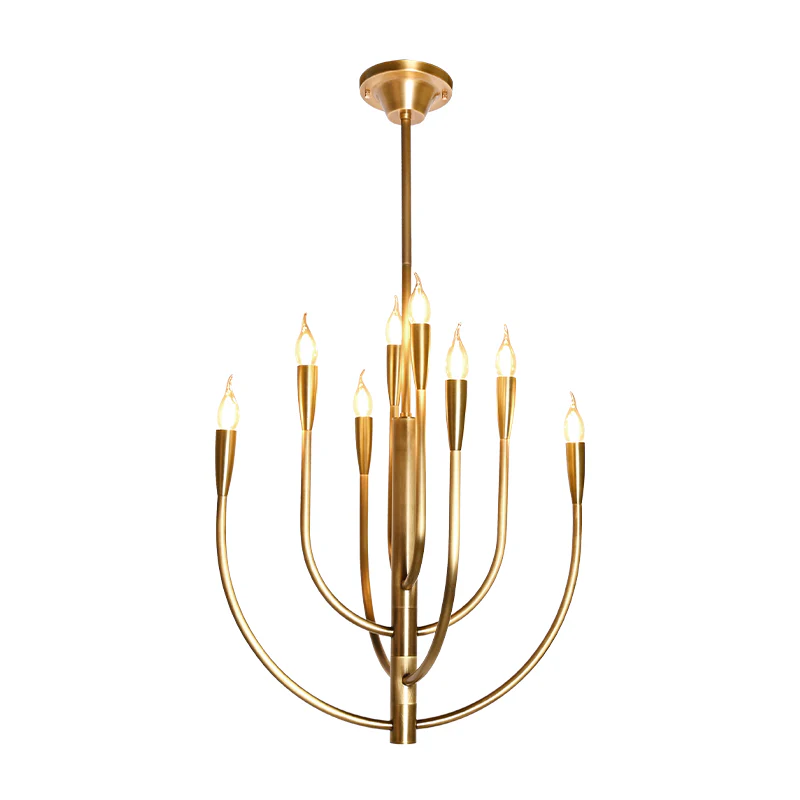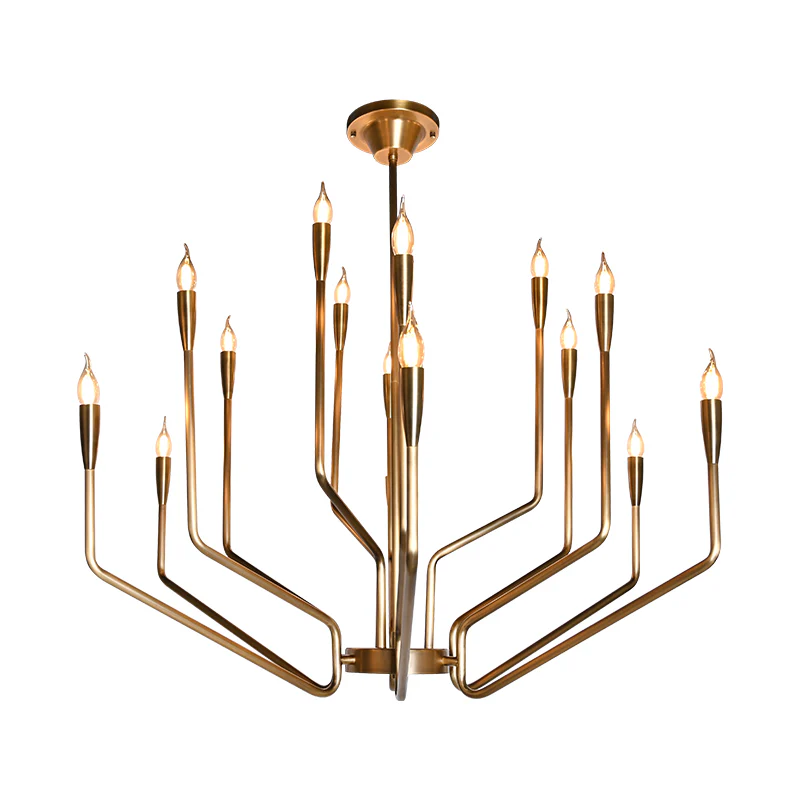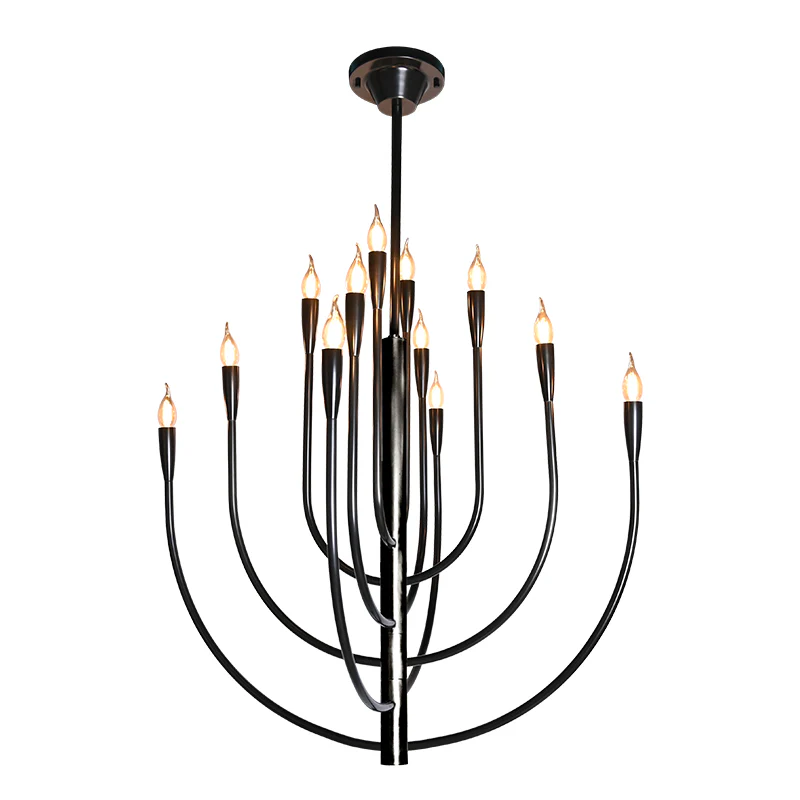Best Sellers
Article
Luxury Living Room Table Lamps: Light Up Your Space with Opulence and Elegance
In the pursuit of luxury, where every detail is a statement and every object a piece of art, Brilliant-Maker's collection of living room table lamps stands as a beacon of opulence and elegance. These lamps are not merely sources of light; they are th...
Antique Candelabra Table Lamps: A Timeless Addition to Your Dining Room Decor
Step back in time with Brilliant-Maker's exquisite collection of antique candelabra table lamps, each a testament to the enduring elegance of a bygone era. These lamps are not just lighting fixtures; they are conversation starters, silent narratives ...
Driftwood Lighting Fixtures: Bring the Beauty of Nature Indoors with Rustic Driftwood Lamps
In the quest to bring the serenity of the seashore to your home, Brilliant-Maker presents a collection of driftwood lighting fixtures that capture the essence of nature's timeless beauty. Each lamp, a testament to the artful fusion of rustic charm an...
Industrial Style Table Lamps: Transform Your Space with Rustic Charm and Functional Design
Dive into the raw, unpolished beauty of industrial style table lamps from Brilliant-Maker. These lamps are more than just light sources; they're the cornerstone of a space transformed with rustic charm and practical design. Let's explore how our coll...
Industrial Side Table Lamps: Add Raw Edge to Your Space with Modern Lighting Solutions
In the heart of every modern space lies a desire for that raw, industrial edge—a touch of yesteryear's charm blended with today's sleek efficiency. Brilliant-Maker's collection of industrial side table lamps is here to transform your space, add...
Elevate Your Decor with Antique Candelabra Lamps: A Guide to Classic Elegance
Step into a world where the glow of candlelight meets the timeless elegance of antique candelabra lamps. At Brilliant-Maker, we believe that lighting is not just about illumination, but an opportunity to make a statement. Our collection of antique ca...
Shape Your Lighting: Geometric Pendant Lamps for a Modern Aesthetic
In the world of interior design, lighting is not just about illumination; it's about shaping the ambiance and defining the aesthetic of a space. Geometric pendant lamps have become a popular choice for those seeking a modern touch that adds characte...
Halston Table Lamp: A Blend of Style and Functionality for Your Home
Meet the Halston Table Lamp, a beacon of style and functionality that's as practical as it is pretty. But why just take our word for it? Let's bring in a touch of magic with the Mr. Magic two-shaded opal glass table lamp with black marble base (BRTL3...
Customize Your Ambiance: How to Adjust Lighting for Different Moods
Imagine a room that's not just a space, but a canvas where light is the artist. At Brilliant-Maker, we don't just sell lamps; we sell the power to paint your mood with light. Let's dive into the art of adjusting lighting to craft the perfect ambiance...

















